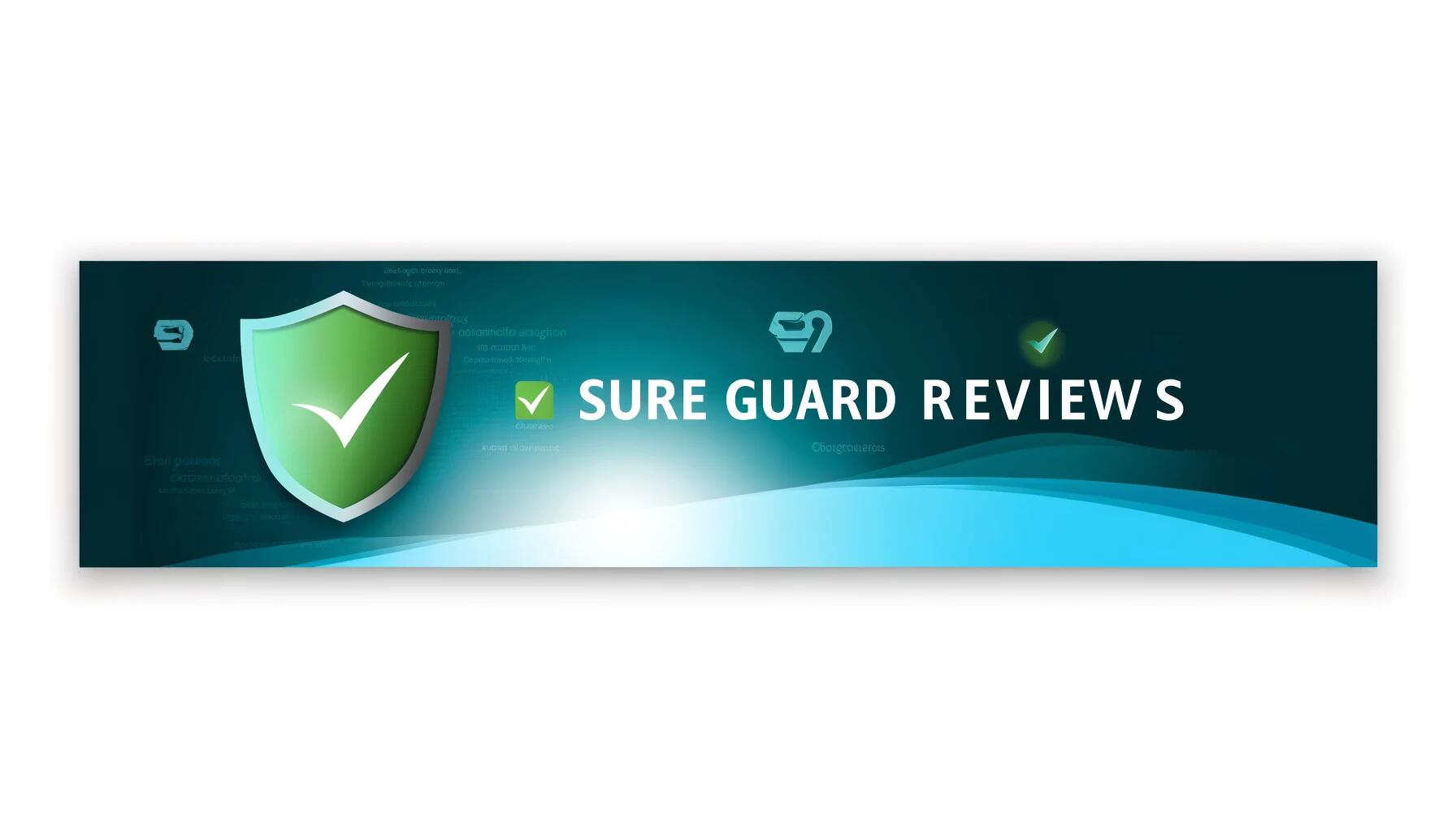Mastering Online Reputation Management: Key Strategies
In today’s digital age, the internet plays a critical role in shaping the reputation of individuals, businesses, and organizations. Online Reputation Management (ORM) has therefore become an essential practice for maintaining a positive presence on the web. Whether you are looking to improve your brand’s image, handle negative reviews, or simply maintain a positive online identity, mastering ORM is crucial. Here, we explore key strategies to effectively manage your online reputation.
1. Monitor Your Online Presence
The first step in effective ORM is to know what is being said about you or your brand online. Use tools like Google Alerts, Social Mention, and ReviewTrackers to monitor mentions across the web, social media platforms, and review sites. Regular monitoring allows you to be proactive rather than reactive in managing your online reputation.
2. Optimize Your Online Content
Creating high-quality, relevant content is key to enhancing your online presence. Blog posts, articles, social media updates, and other digital content should project a positive image of your brand. Regularly update your website and social media profiles with fresh content to improve your search engine rankings, making positive information more visible than any negative content.
3. Engage with Your Audience
Building strong relationships with your audience can significantly boost your online reputation. Engage with your audience by responding to their comments, questions, and reviews—even the negative ones. Showing that you value their feedback and are willing to make improvements can turn critics into supporters and enhance your brand’s image.
4. Address Negative Feedback Professionally
Receiving negative feedback is inevitable, but how you handle it can make all the difference. Always respond to negative comments and reviews in a professional manner. Offer solutions where possible and take the conversation offline if it becomes too complex or sensitive. Never ignore negative feedback, as this can escalate the situation and damage your reputation further.
5. Encourage Positive Reviews
Positive reviews are incredibly powerful in improving your online reputation. Encourage your satisfied customers to leave positive reviews on your website, social media profiles, and review sites. Additionally, showcase these testimonials prominently on your platforms to enhance your credibility and attract more positive attention.
6. Be Authentic and Transparent
Authenticity and transparency are vital in building and maintaining trust with your audience. Be open about your values, mission, and the way you conduct your business. In times of crisis, communicate clearly and honestly with your stakeholders, acknowledging any mistakes and outlining the steps you are taking to resolve issues.
7. Stay Updated and Adapt
The digital landscape is constantly evolving, with new platforms, trends, and challenges emerging regularly. Stay updated on the latest developments in your industry and in ORM practices. Be willing to adapt your strategies as necessary to maintain a positive and resilient online reputation.
Mastering online reputation management requires continual effort, attention, and adaptation. By implementing these key strategies, you can protect and enhance your or your brand’s online image. Remember, your online reputation is an invaluable asset—invest in it wisely.
